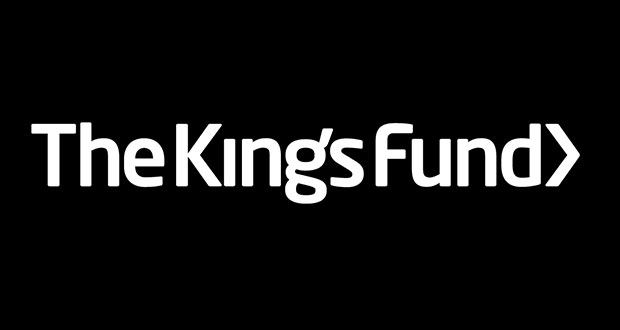Survey Shows Public Satisfaction With NHS Remaining Steady
 The British public’s satisfaction with the NHS remained steady in 2016, according to data published today by The King’s Fund.
The British public’s satisfaction with the NHS remained steady in 2016, according to data published today by The King’s Fund.
The findings from the British Social Attitudes (BSA) survey, carried out by the National Centre for Social Research between July and October 2016, show 63 per cent of people were satisfied with the NHS. The change in satisfaction since 2015 (when it was 60 per cent) is not statistically significant. Satisfaction remains high by historic standards, but is seven percentage points below its peak of 70 per cent in 2010.
The results show:
- Among the 63 per cent of respondents who said they were satisfied with the NHS in 2016, the most frequently cited reasons were the quality of care (65 per cent), care being free at the point of use (59 per cent), and the range of services available (47 per cent)
- Among the 22 per cent who were dissatisfied with the NHS, the most frequently cited reasons were waiting times (54 per cent), lack of staff (48 per cent), and lack of funding (45 per cent)
- Satisfaction with GP services was 72 per cent, which, as in previous years, is higher than for any other NHS service
- Satisfaction with NHS dentistry services was 61 per cent, up by seven percentage points since 2015. This is one of the highest levels of public satisfaction with NHS dentistry since the early 1990s
- In 2016, there was no statistically significant change in satisfaction with the three hospital-based services covered by the survey compared to 2015. Fifty-four per cent of respondents were satisfied with A&E services, 60 per cent with inpatient services, and 68 per cent with outpatient services.
There was no statistically significant difference between the levels of satisfaction reported by supporters of the Conservatives (66 per cent), Labour (63 per cent), and Liberal Democrats (68 per cent) in 2016. In the past, satisfaction levels have tended to be higher among supporters of the governing party.
The survey also shows that people continued to be much more satisfied with the NHS than social care. Only 26 per cent of respondents were satisfied with local authority social care services, less than half the level of satisfaction with the least popular NHS service (A&E).
Ruth Robertson, policy fellow at The King’s Fund, said: ‘The survey findings demonstrate the high value the British public place on the quality of care provided by the NHS and how they cherish the availability of a comprehensive service that is free at the point of use.
‘It’s unsurprising that dissatisfaction with the NHS is mostly driven by waiting times, staff shortages, and underfunding, as the NHS is facing severe financial pressures.
‘These results also show once again that people are much less satisfied with social care services than with the NHS. This may partly be due to the public having less understanding of what social care services are, but it also reflects the crisis facing social care funding. The clear dissatisfaction with social care services reinforces the importance of the government’s Green Paper later this year as a crucial opportunity to put social care on a sustainable footing.’






